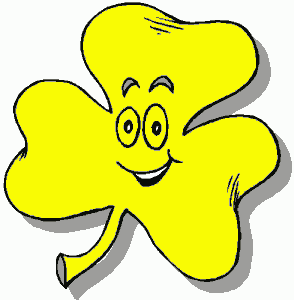Pleonasm is an unusual word for a simple idea. Pleonasm is the use of more words than are necessary to convey meaning. Students who use redunant words in their writing will lose marks for the coherence of their piece of work. If a word is not necessary and does not add to the overall meaning of the sentence, then leave it out.
Some common pleonasms are in the list below. Remove the superfluous word and you will not detract from the overall meaning of the expression:
absolutely essential
advance planning
alternative choice
ATM machine
basic necessities
blend together
brief summary
closed fist
completely annihilate
consensus of opinion
current trend
desirable benefits
drop down
end result
fellow classmates
fly through the air
green in colour
harmful injuries
look ahead into the future
meet together
natural instinct
old cliche
past memories
personal opinion
proposed plan
re-elect for another term
regular routine
three a.m. in the morning
unintentional mistake
very unique
Here are some pleonastic sentences from celebrities:
‘And that’s a self-portrait of himself, by himself.’
Richard Madeley
‘It looks like being a busy weekend on the ferries, particularly Saturday and Sunday.’
Peter Powell
‘It was a sudden and unexpected surprise.’
Old Bailey correspondent for the BBC
‘I never make predictions, especially about the future.’
Samuel Goldwyn
‘It’s deja vu all over again.’
Yogi Berra
‘Anyone who goes to a psychiatrist ought to have his head examined.’
Samuel Goldwyn
‘Sometimes you can observe a lot by just watching.’
Yogi Berra
‘The answer’s an affirmative yes.’
Nigel Mansell
‘I don’t normally do requests, unless I’m asked to.’
Richard Whiteley
‘The robbery was committed by a pair of identical twins. Both are said to be aged about 20.’
Paul Hollingsworth
‘Smoking can kill you, and if you’ve been killed, you’ve lost a very important part of your life.’
Brooke Shields
‘Football is an incredible game. Sometimes it’s so incredible, it’s unbelievable.’
Tom Landry
Feel free to comment on your favourite (or most hated), or add your own pleonasm.
